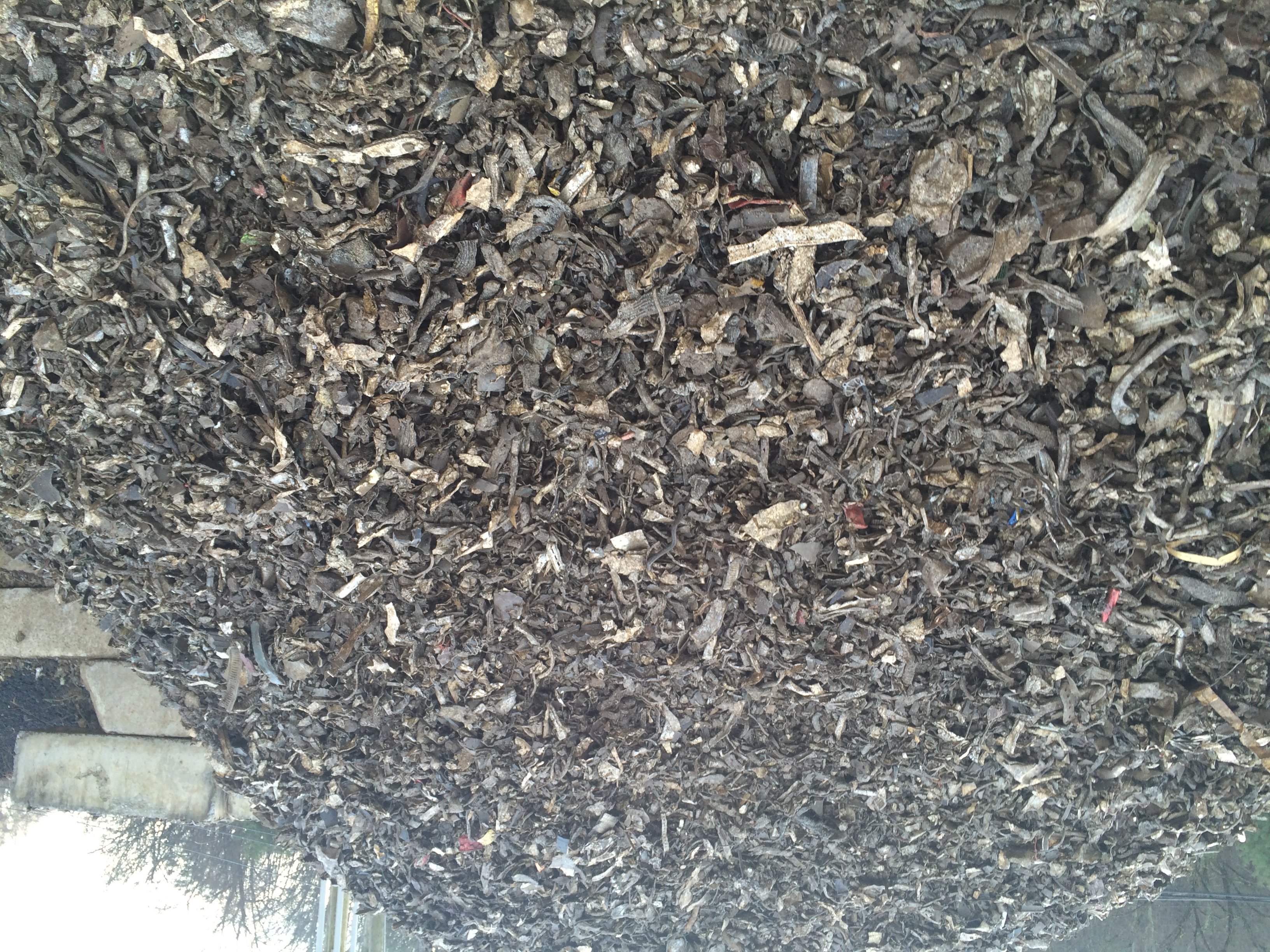Month: August 2018
2018 Summer Meeting Notes – Nashville, TN
TSRA Meeting Notes 7/20/18
- – We started the meeting with a visit from Representative Glen Casada. He spoke briefly on the importance of building relationships with our Senators, and calling them possibly for a visit to your location. He also spoke on the dramatic change that was about to take place within the offices. He stated that “2 of the 16” would still hold seats they currently held.
- – Ross then gave a review of where we are as a group. We are ultimately a unified group that identifies recyclers.
- – Tom Rice spoke on the benefits, and group services of being an ISRI member. One of those things being money saved. Through state funding from ISRI, you essentially get 125% of your chapter dues money back.
- – Ross spoke on LKQ, and our continued fight against them. They claim the recycling industry has a “theft problem”, and is a “cottage industry”. Ross stated that in researching, it has been found that 287 out of the 187,000 vehicles reported on NMVITS had a “stolen” status. This number does not reflect a “theft problem”. He also stated that it was made clear that we do not want to impose more regulations against our customers.
- – Our lobbyists Kim Adkins, and Steve Buttry gave an update on the current happenings within the political landscape. With all of the “chairs” changing, and “shifting”, they highlighted the need for continued efforts of recyclers to know their “people”. They also noted that there will be all new people in agencies, as well as new staff in TDEC.
- – Steve Levetan gave a summary on the Solid Waste meeting with TDEC. He noted that “we were not their target”. TDEC was wanting us to record every grade, and type of material we buy, and ask TDEC permission. They have now decided to review yards as they do landfills yearly. TDEC has agreed to work with us, and agreed upon attempting to reduce waste by 25%.
- – Representative Kent Calfee also paid us a visit, and spoke on the huge turnover in the house about to take place. He wanted us to know how important recycling is to him, and should be to everyone. He said he wants to make sure everyone is doing what they can to keep our environment cleaner.
- – Andrew and Ross then spoke on the importance of new members, and building our group. We have to extend our group to more than just scrap metal recyclers. We need to reach out to those that recycle cardboard, plastics, etc.
- – At the close of our meeting, we voted to elect Aaron Kolb as the new treasurer, and Andrew Rice as the new VP.
New Bottle Deposit Bill Underway in TN
New effort underway for bottle deposits in Tennessee
A new effort is underway to require bottle deposits as a way to combat plastic waste in Tennessee. The Chattanooga Times Free Press reportsthat the Tennessee Bottle Bill Project, which is also known as TennCan, would place a 5-cent deposit on plastic containers that could be recouped by dropping empties off at redemption centers.
Supporters say the program could boost the current recycling rate of about 10% all the way to 80% or more. Bottle bills were once perennial legislative proposals, but had faded in recent years.
“What we’re trying to do is make Tennessee more sustainable by recovering some of the most valuable commodities in recycling stream, which are the beverage containers,” TennCan coordinator Marge Davis told the Times Free Press. “We want to keep them from becoming litter and make sure they go back toward manufacturing at the highest level possible.”
The bill will be sponsored by Sen. Frank Niceley, R-Strawberry Plains, while a House sponsor has yet to be nailed down.
“It’s really a jobs bill,” Niceley told the paper. “I’m a farmer, and the Farm Bureau has always been interested in this bill. They’re the ones who always get the cans and bottles in their hay fields and pasture fields. Listen, it’s not a tax. It’s a deposit, and it trains your young children to be conservative and to save. And it keeps plastic out of the ocean, that’s a big thing now.”
Similar deposit programs exist in 10 other states and in more than 40 countries and territories around the world.

